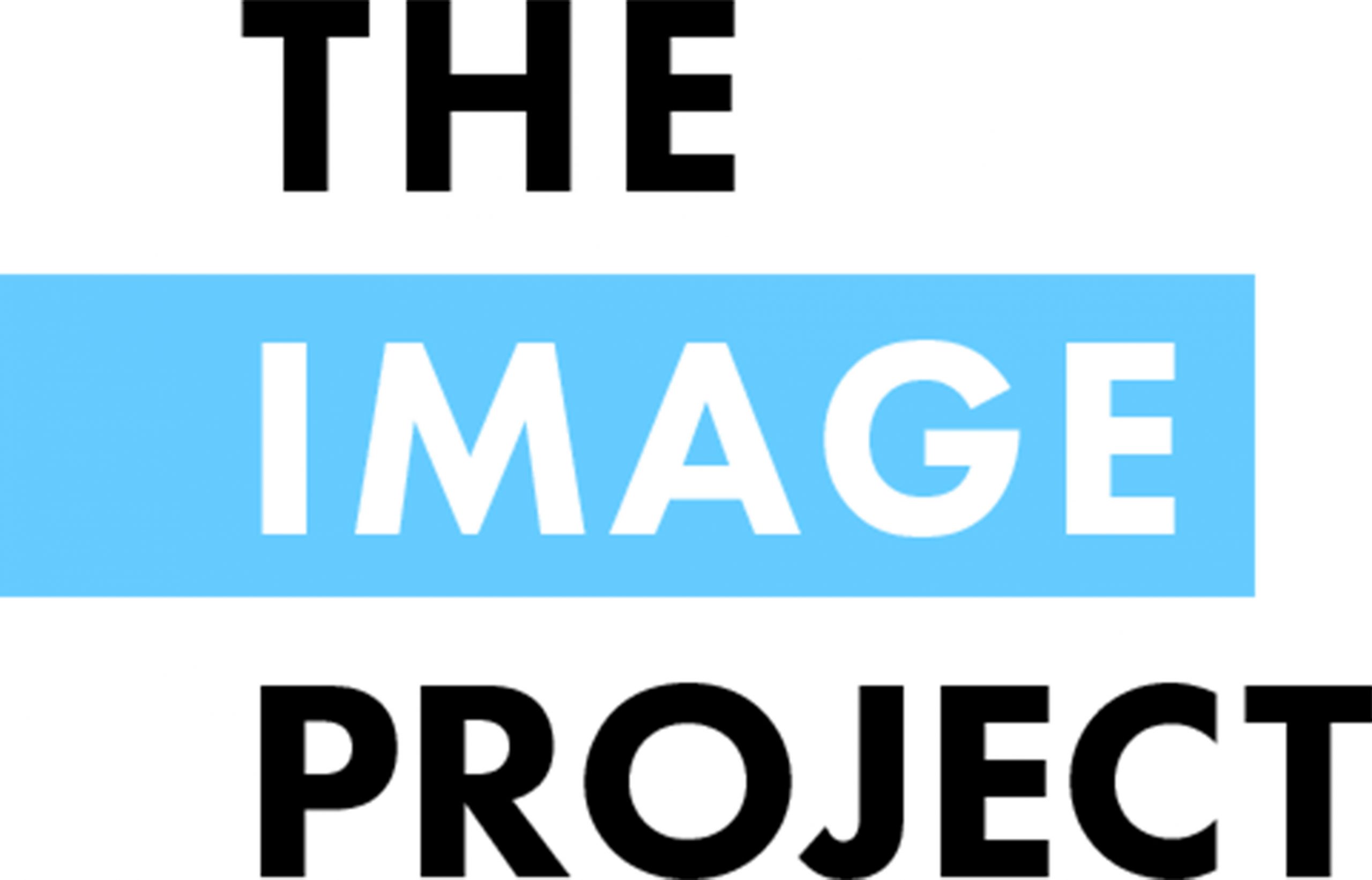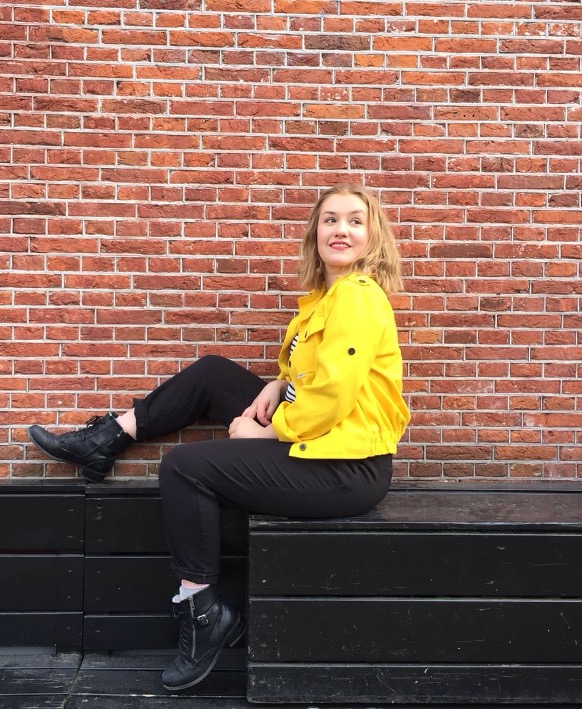Research around the employment of autistic adults has been on the rise during recent years but there’s still very little data on the employment of autistic graduates in Finland. In her master’s thesis Pinja Turja focused on the employment aspirations and experiences of a small group of autistic university students and recent graduates.
Previous studies show that the number of autistic individuals entering higher education is growing but unfortunately a degree doesn’t seem to guarantee a desired employment outcome. To be exact autistic individuals have one of the worst employment rates out of different disability groups and even with higher education degree many are facing unemployment and underemployment.
In order to better the employment possibilities of autistic adults some companies (e.g., Passwerk, Specialisterne, Unicus) are recognising the strengths and specifically hiring autistic employees. Many of these companies offer work possibilities in the field of information technology. Previous studies do show that many autistic individuals hope to work in technical fields, but many are also interested in other fields like arts, humanities, social sciences, and research to name a few.
So how diverse are the aspirations of a small group of autistic graduates in Finland when it comes to field of work but also the working conditions? How do the experiences in the working life differ from person to person and are there similarities? These were some of the questions to which Turja attempted to find answers to in her master’s thesis. Data for the thesis was collected as part of the IMAGE project with semi-structured interviews. The data consisted of Finnish autistic university students or recent graduates (n=7). The data was analysed using qualitative content analysis.
What kind of employment aspirations did the participants have?
The majors and work field aspirations of the participants can be seen in the graph below. In this study the work interests of the participants varied even though there was a slightly bigger representation of natural science majors and desires to work in the field of research.

Hopes regarding the conditions of work included flexibility (time, place, specific needs), financial safety, emphasis on working independently and in a peaceful environment, and a good work community. Out of these categories there were some differing answers considering the preference of working alone. Even though that was a wish for many one participant explicitly hoped to work with other people.
What type of experiences did the participants have from working life?
All of the participants in this study had experiences of job application process and finding a job. Two of them were currently employed and the rest were either full-time students or in the process of trying to find work. Some of the difficulties they had faced in working life were a lack of suitable jobs, time management, absence of feedback, and managing energy levels with work. Some positive experiences were finding a desired job, flexibility within the job, getting feedback and having financial security. In some areas the participants had both good and bad experiences depending on the individual. Examples of these were getting help from public career support centres, working hours, the process of applying for jobs, and the community at work.
When it came to experiences directly linked to autism for example disclosing an autism diagnosis or needing specific support at work participants had some differing views. Most of them had not disclosed their autism diagnosis in the context of work and felt that doing so could negatively affect their chances of getting hired or keeping a job. Fortunately, there were a few cases where disclosing a diagnosis or a need for support had led to understanding and desired support like flexibility in the working hours.
A need for specific support was not expressed by all participants but many named autism awareness as a key factor in bettering the employment of autistic adults. A lack of knowledge and understanding as well as negative stereotypes were something that made it more difficult to be open about one’s autism diagnosis at work. The possibilities of autism awareness in creating a more inclusive work environment are shown in the graph below.

What now?
This study brought more information about the employment aspirations and experiences of Finnish autistic university students and recent graduates.
To gain a deeper understanding further research on different groups of autistic individuals as well as employer’s perspective should be done. More information on autism awareness and visibility should also be collected. Is all visibility good or are there some problems arising from growing media attention?
Lastly, more research should be done on companies that offer job opportunities specifically for autistic individuals. Is this the way of the future or is it creating more of a gap between autistic and neurotypical employees?
Also, since this study and many previous ones showed that the career interests of autistic individuals are varied, should there be more variety in the fields where work opportunities are offered for autistic individuals? Autistic employees possess multiple strengths and more work should be done to get this potential into working life.

